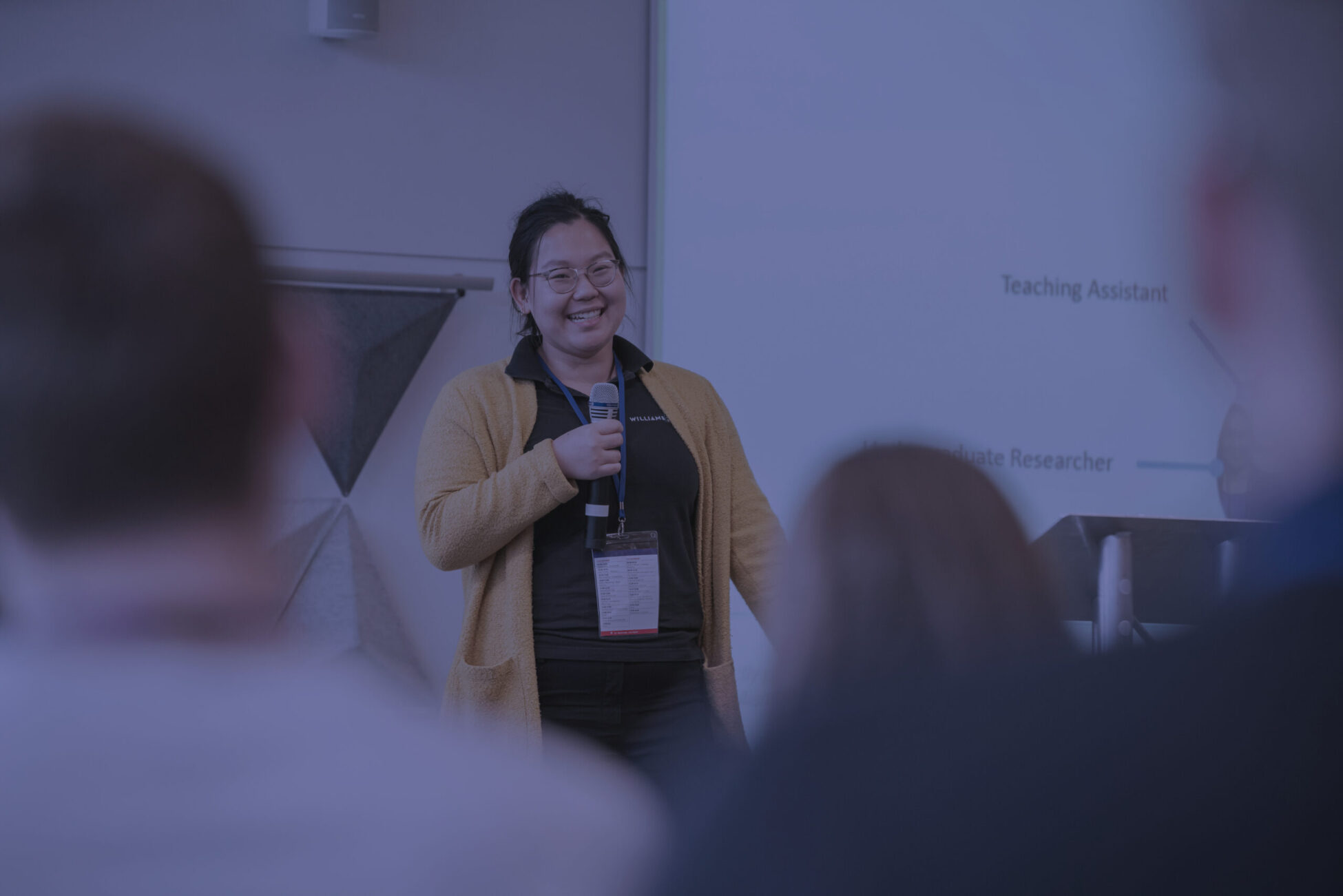The Faraday Institution is the UK’s independent institute for electrochemical energy storage research, skills development, market analysis, and early-stage commercialisation. It brings together research scientists and industry partners on commercially valuable projects to reduce battery cost, weight, and volume; improve performance and reliability; and develop whole-life strategies including recycling and reuse.

Speakers
Find out more about our speakersKeynote speakers
See who's opening and closing each day

David Howey
Professor of Engineering Science, University of Oxford
Magda Titirici
Professor and Chair in Sustainable Energy Materials, Imperial College London
Carlton Cummins
Entrepreneur and Design Engineer
Ana Sobrido
Professor of Sustainable Energy Materials, Queen Mary University of London
Pam Thomas
Chief Executive Officer, The Faraday InstitutionInvited speakers
Check out who's speaking in our themed sessions

Rob Timms
Co-Founder and Chief Scientific Officer, Ionworks
Laura Driscoll
Senior Materials Scientist, UKBIC
Gabriel Pérez
Instrument Scientist, ISIS Neutron and Muon Source
James Le Houx
Diffraction Tomography Beamline Scientist, Diamond Light Source
Tom Heenan
Co-Founder and CEO, Gaussion
Rowena Brugge
R&D Manager, Nyobolt
Mahfuz Kamal
Chairs
Find out more about our session chairs

Nicola Courtier
Faraday Institution Research Fellow - University of Oxford - Multi-scale Modelling
Ian Ellerington
Technology Transfer Director, The Faraday Institution
Jen Hack
Lecturer in Sustainable Materials, University of Sheffield
Rhod Jervis
Associate Professor in Electrochemical Engineering, UCL
James Robinson
Lecturer in Advanced Propulsion, UCL
The Faraday Institution
The Faraday Institution is the UK’s independent institute for electrochemical energy storage research, skills development, market analysis, and early-stage commercialisation. It brings together research scientists and industry partners on commercially valuable projects to reduce battery cost, weight, and volume; improve performance and reliability; and develop whole-life strategies including recycling and reuse.

